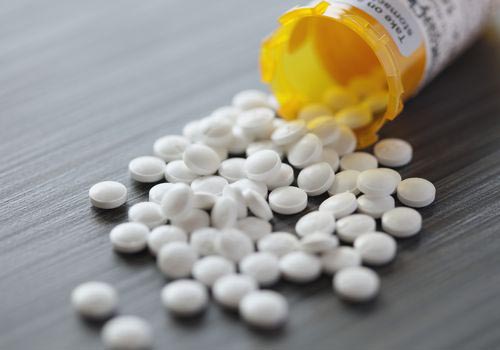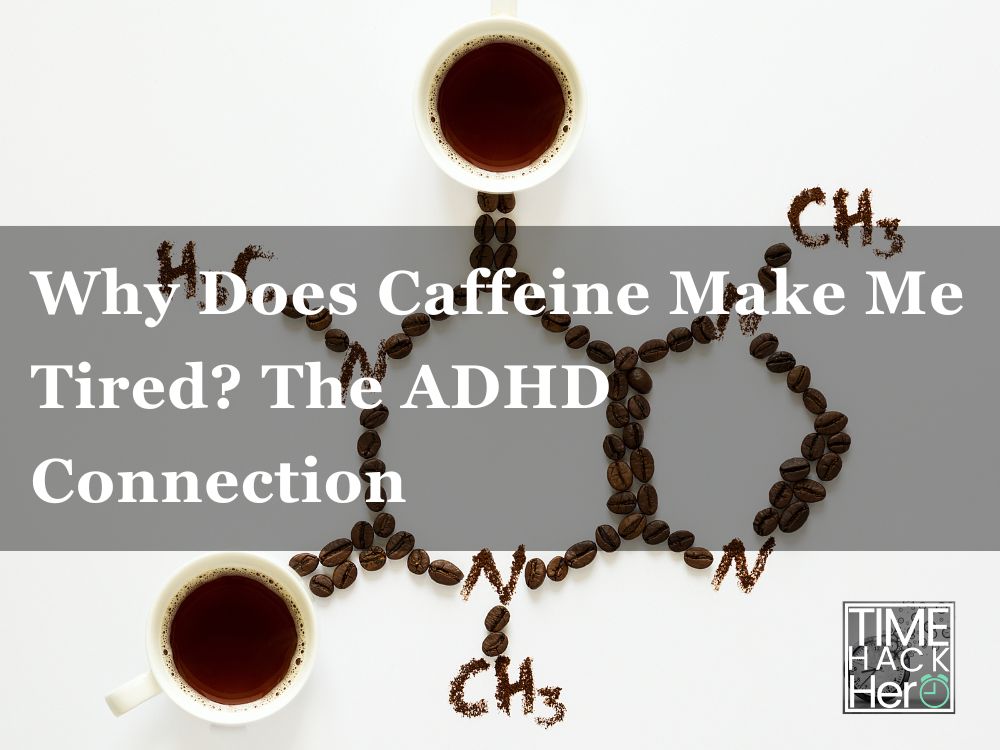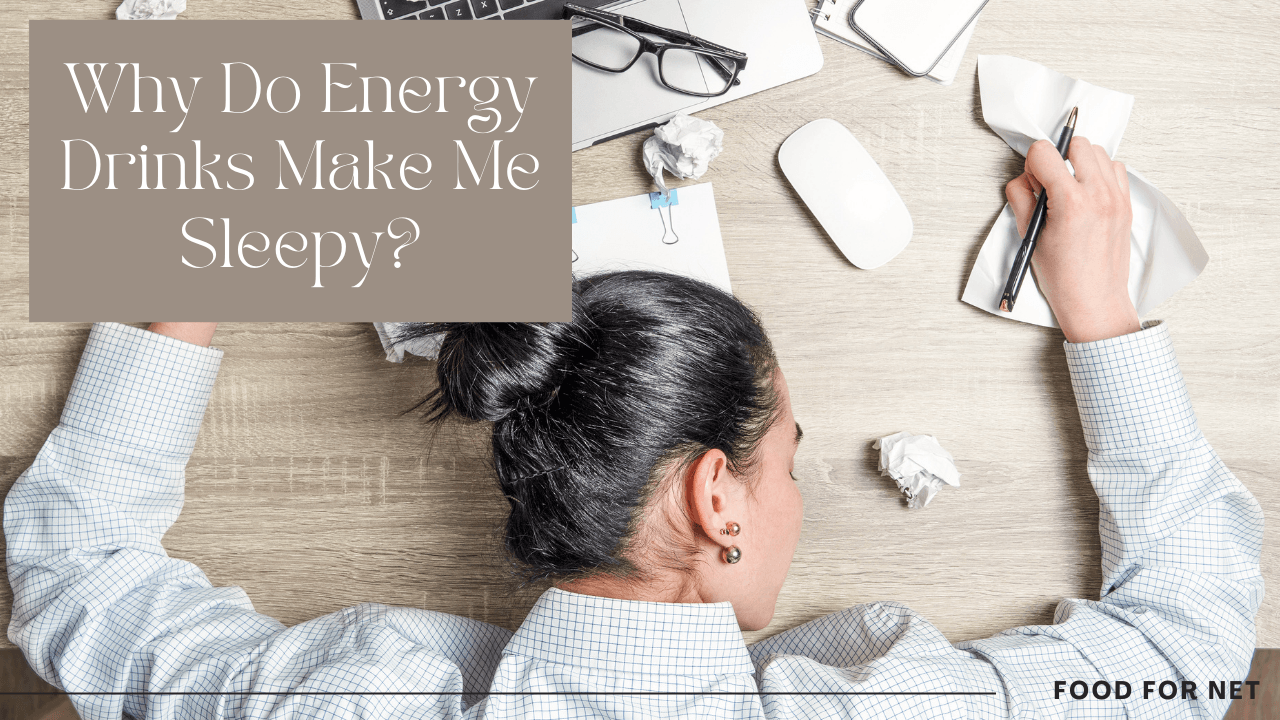Why Do Stimulants Make Me Tired
Millions grapple with an unexpected paradox: feeling fatigued after taking stimulants intended to boost energy. This counterintuitive effect raises critical questions about brain chemistry and individual responses to these drugs.
While stimulants like caffeine and ADHD medications are designed to enhance focus and wakefulness, some users report experiencing exhaustion. This article delves into the surprising reasons behind this phenomenon, exploring the complex interplay of neurotransmitters, individual physiology, and potential underlying conditions.
The Neurochemical Balancing Act
Stimulants primarily work by increasing the levels of certain neurotransmitters in the brain. These include dopamine and norepinephrine, which are crucial for alertness, motivation, and focus.
However, the brain strives for homeostasis, attempting to counteract these artificially elevated levels. When stimulants are metabolized and their effects wear off, a subsequent dip in these neurotransmitters can occur, leading to fatigue and a feeling of being drained.
This "crash" is a common experience, particularly with substances that have a rapid onset and short duration of action, such as caffeine or certain prescription stimulants.
Individual Variations in Response
The impact of stimulants varies greatly from person to person. Factors like genetics, metabolism, existing medical conditions, and tolerance all play a significant role.
Individuals with underlying conditions like ADHD or narcolepsy may experience a different response compared to those without these conditions. Those with ADHD, for example, may find that stimulants help them focus and regulate their energy levels, while others may experience only the stimulating effects followed by a crash.
Genetic variations in how the body metabolizes stimulants can also influence the duration and intensity of their effects, impacting the likelihood of experiencing fatigue.
The Role of Adenosine
Caffeine, a widely consumed stimulant, primarily works by blocking adenosine receptors in the brain. Adenosine is a neurotransmitter that promotes relaxation and sleepiness.
By blocking adenosine, caffeine prevents its effects, leading to increased alertness. However, the body continues to produce adenosine, so when the caffeine wears off, the built-up adenosine suddenly floods the receptors, causing a pronounced feeling of fatigue.
This "adenosine rebound" is a key contributor to the afternoon slump often experienced by caffeine consumers.
Dehydration and Nutrient Depletion
Stimulants can have diuretic effects, leading to dehydration. Dehydration can cause fatigue, headaches, and decreased cognitive function.
Additionally, some stimulants can deplete certain nutrients, such as B vitamins and magnesium, which are essential for energy production. This nutrient depletion can contribute to long-term fatigue and reduced overall energy levels.
Maintaining adequate hydration and ensuring a balanced diet are crucial for mitigating these effects.
Adrenal Fatigue and Chronic Stress
Chronic stimulant use can place a strain on the adrenal glands, which are responsible for producing hormones like cortisol, the stress hormone. Over time, this can lead to adrenal fatigue, characterized by chronic tiredness, difficulty sleeping, and decreased stress tolerance.
Individuals under chronic stress are particularly vulnerable to this effect. The combination of stimulant use and ongoing stress can overwhelm the adrenal glands, exacerbating fatigue.
Prioritizing stress management techniques and lifestyle modifications is essential for supporting adrenal health.
Underlying Medical Conditions
In some cases, fatigue experienced after stimulant use may be indicative of an underlying medical condition. Conditions like anemia, thyroid disorders, and sleep apnea can all cause fatigue and may be masked or exacerbated by stimulants.
It's essential to rule out these underlying conditions if fatigue persists despite adjusting stimulant dosage or frequency.
Consult a healthcare professional for a comprehensive evaluation.
Withdrawal Symptoms
Abruptly stopping stimulant use can lead to withdrawal symptoms, including fatigue, headache, irritability, and difficulty concentrating.
These symptoms are a result of the brain readjusting to the absence of the stimulant. A gradual tapering of the dosage can help minimize these withdrawal effects.
Severe withdrawal symptoms may require medical supervision.
Next Steps and Ongoing Developments
Individuals experiencing fatigue after stimulant use should consult with a healthcare professional. A thorough evaluation can help identify the underlying causes and develop a personalized management plan.
Research continues to explore the complex interactions between stimulants, neurotransmitters, and individual physiology. Ongoing studies are investigating potential strategies for mitigating stimulant-induced fatigue and optimizing treatment outcomes.
Further research is needed to fully understand the long-term effects of stimulant use on brain health and energy levels.

















